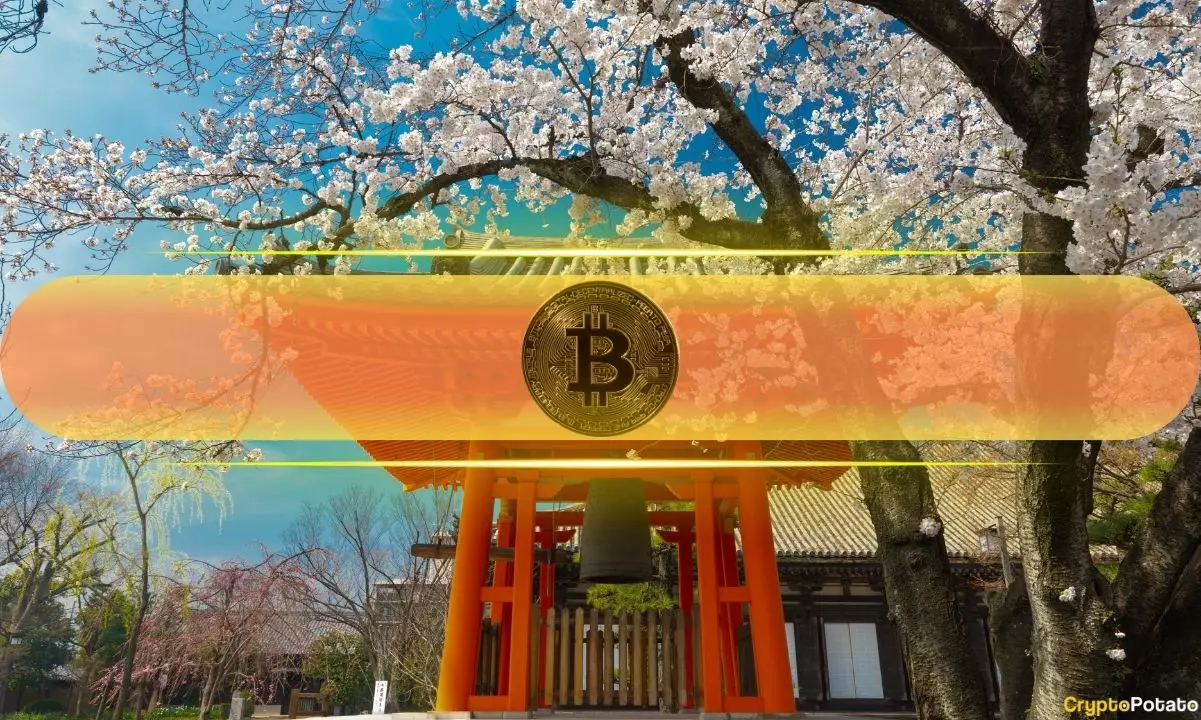In recent years, Bitcoin has transcended its status as a mere digital currency and has increasingly emerged as a significant asset in the realm of international politics. Governments around the world are actively strategizing how to incorporate Bitcoin into their national reserves, a move that holds the potential to alter global economic dynamics and enhance financial sovereignty. As nations like the United States and Russia explore the benefits of cryptocurrency reserves, Japan finds itself at a crossroads. Despite the growing momentum surrounding Bitcoin, Japan adopts a cautious approach, raising pertinent questions about the future of cryptocurrencies in state finances.
According to insights from local news channels, Japan’s reluctance to integrate Bitcoin into its national reserves stems from several critical concerns, notably safety, market liquidity, and price volatility. The Japanese government articulated these reservations in a formal statement, emphasizing that cryptocurrencies do not align with the legal framework governing foreign exchange reserves. Such reserves traditionally aim to stabilize assets that are denominated in foreign currencies, a goal that Bitcoin’s unpredictable nature currently undermines. This apprehensive stance starkly contrasts with the proactive strategies of other nations, spotlighting Japan’s unique position in the cryptocurrency conversation.
During a recent parliamentary discussion, Prime Minister Shigeru Ishiba acknowledged the complexities surrounding the global approach to Bitcoin reserves. Ishiba asserted that the Japanese government lacks sufficient insight into the strategic intentions of other countries, notably the U.S., making an informed decision on cryptocurrency adoption particularly challenging. The Prime Minister’s remarks reflect a broader governmental inclination to prioritize caution over innovation in financial policymaking. Although there have been assertions that Japan might benefit from emulating the U.S. approach, the existing governmental structure clearly favors the principles of safety and liquidity over potential gains from Bitcoin investments.
Interestingly, while Japan as a sovereign body refrains from investing in Bitcoin, its Government Pension Investment Fund (GPIF) is reportedly examining the inclusion of the cryptocurrency as part of a diversification strategy for its vast asset pool. GPIF, managing over $1.5 trillion, recognizes the growing relevance of cryptocurrencies and is considering how they might fit into a broader risk management framework. This duality—where the government remains hesitant while institutional investors show interest—highlights the nuanced and evolving landscape surrounding Bitcoin in Japan.
Global Contours of Bitcoin Adoption
On the global front, the embrace of Bitcoin is driven by various geopolitical factors, including economic sanctions and the search for stable alternatives to fluctuating currencies. Countries like Russia are actively discussing the creation of strategic Bitcoin reserves to enhance their financial independence. Furthermore, the U.S. has already accumulated a significant Bitcoin cache, acquired mainly through law enforcement actions, which underscores the growing importance of the cryptocurrency as a national asset.
As Bitcoin continues to shape international financial landscapes, Japan’s cautious stance raises intriguing questions about its future role in the global economy. While the benefits and challenges of cryptocurrency reserves are still being ironed out, Japan’s decision-making process will significantly impact how the nation positions itself among global economic players. Balancing innovation with prudence, Japan’s path toward adopting Bitcoin as a sovereign asset may evolve, but for now, the country holds a cautious line amid the booming cryptocurrency conversation worldwide.

